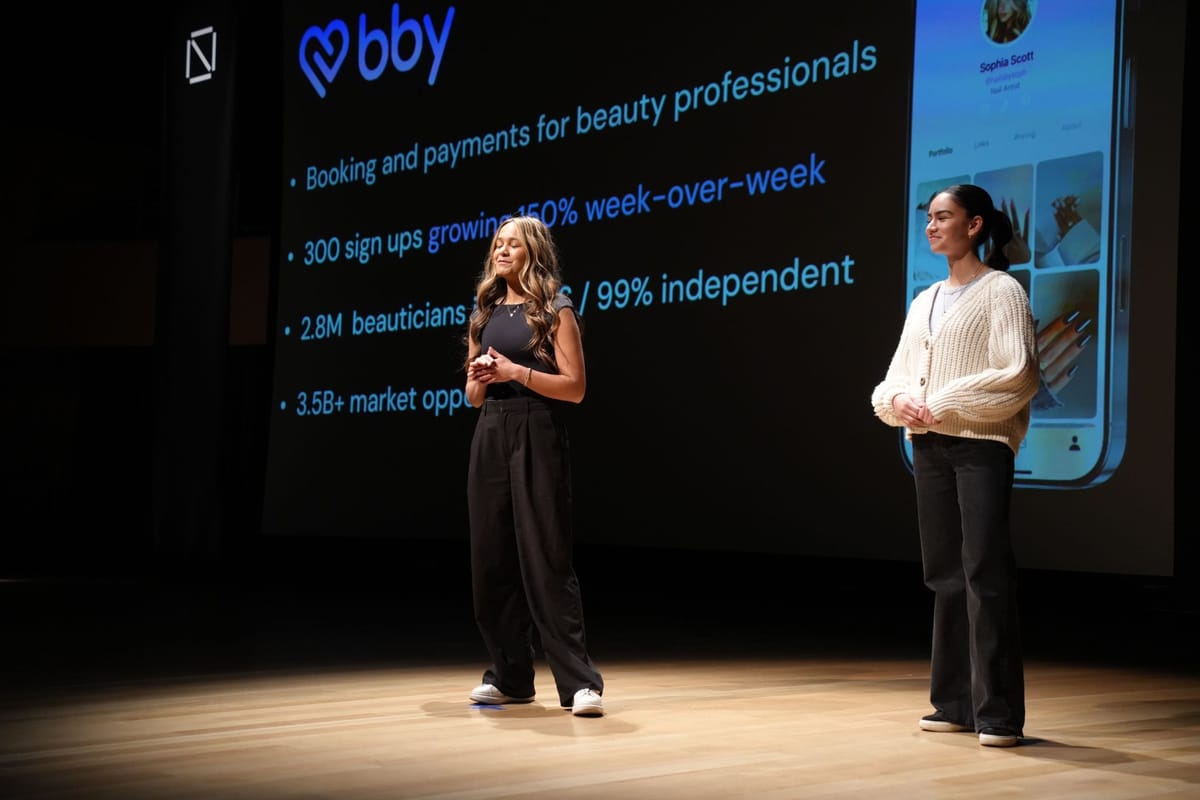

Lehi, Utah – October 29, 2025
Utah’s startup ecosystem has been thriving at the seed and growth stages for years, but one critical gap has persisted: early pre-seed funding for first-time student founders. Philo Ventures, a Lehi–based venture studio and investment firm, aims to change that with its inaugural $3 million Sandbox Fund, dedicated to backing startups emerging from university Sandbox programs across the state.
The fund, which has already invested in eight early-stage companies, is designed to be the “first believer” for student founders — the kind of foundational capital that allows teams to keep building in Utah rather than feeling pressured to relocate to Silicon Valley or abandon nascent ideas.
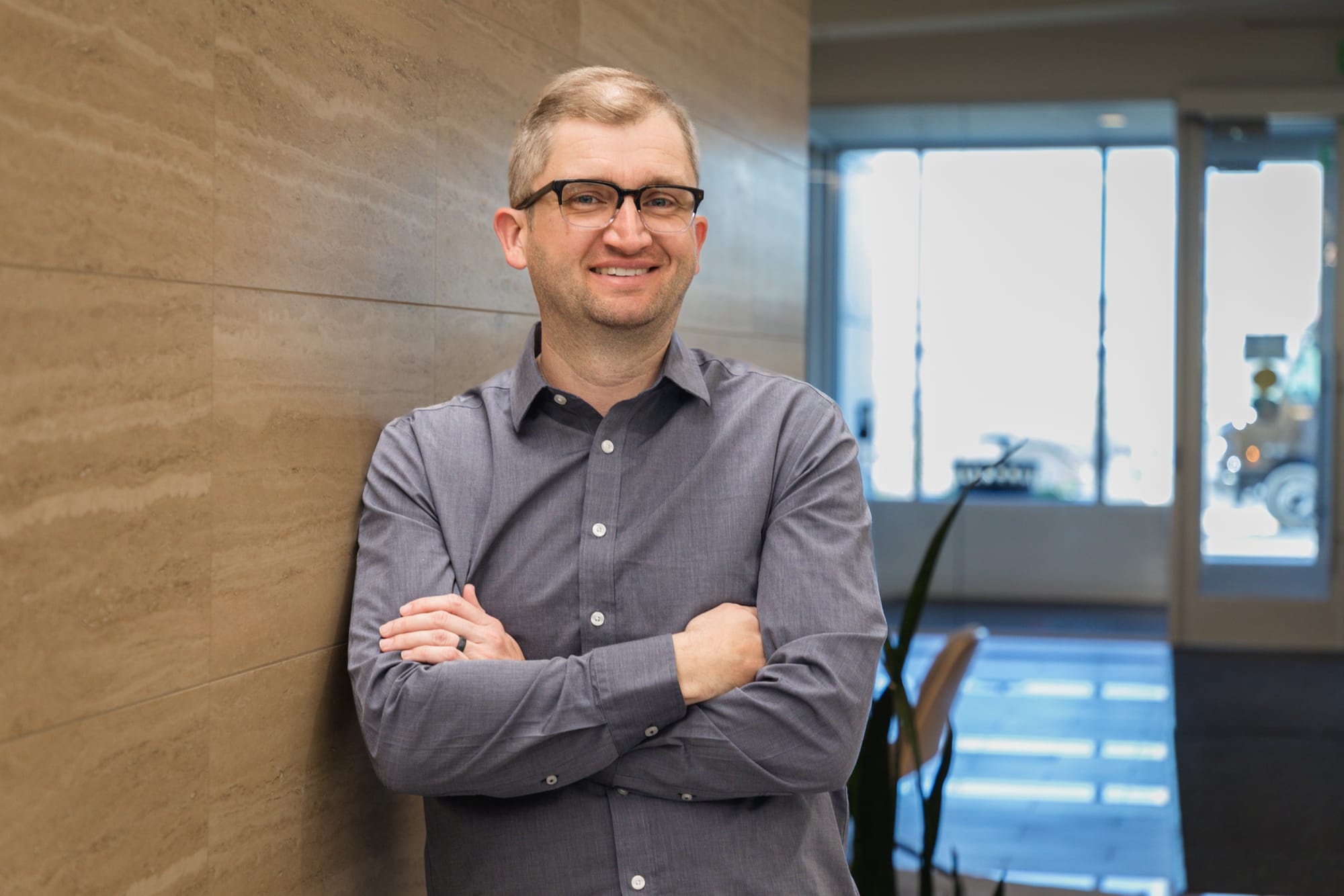
“Sandbox, and now Philo’s Sandbox Fund, are designed to complement Utah’s thriving venture community,” said Scott Evanson, Venture Partner at Philo Ventures and Managing Director of the BYU Sandbox program who sat down recently with TechBuzz to discuss the Sandbox fund. “We’re adding a new entry point for student founders — helping more of them get their first shot at building real companies here in Utah.”
From Classroom to Market
The Sandbox program, founded by Chris Crittenden at BYU, is a year-long immersive accelerator integrated into students’ degree paths, as covered by TechBuzz in April 2024. Participants replace up to 18 credits of their senior year with full-time startup building, supported by peers, mentors, and faculty. Sandbox also offers a Fellowship track for postgraduates, enabling founders to build full-time for 12 months while earning a master’s degree.

Evanson, who joined Sandbox after selling his own startup, Smart Rhino Labs, has been mentoring BYU cohorts since the program’s first year. Smart Rhino, founded in 2011, was acquired by Randall-Reilly in March 2018, with Evanson continuing in a leadership role post-acquisition. “I met Chris at the end of the first cohort and started helping with mentoring. Since then, I’ve been involved in the BYU cohort, and we’ve invested in teams from other campuses as well,” he said.
Across its first four cohorts, Sandbox has launched companies cumulatively valued at over $200 million, with eight teams admitted into Y Combinator, the world’s most selective startup accelerator. Now, the Sandbox Fund extends that trajectory by providing real capital at the earliest stages, bridging a gap that has historically limited student founders in Utah.
Founder-Friendly Funding
The $3 million fund writes $100,000 checks to student-led startups at pre-seed stages, aiming to be “the most founder-friendly money that these young founders can ever take,” Evanson said. Philo deliberately maintains flexible, reasonable terms, avoiding aggressive or predatory valuation tactics that can encumber a young company.
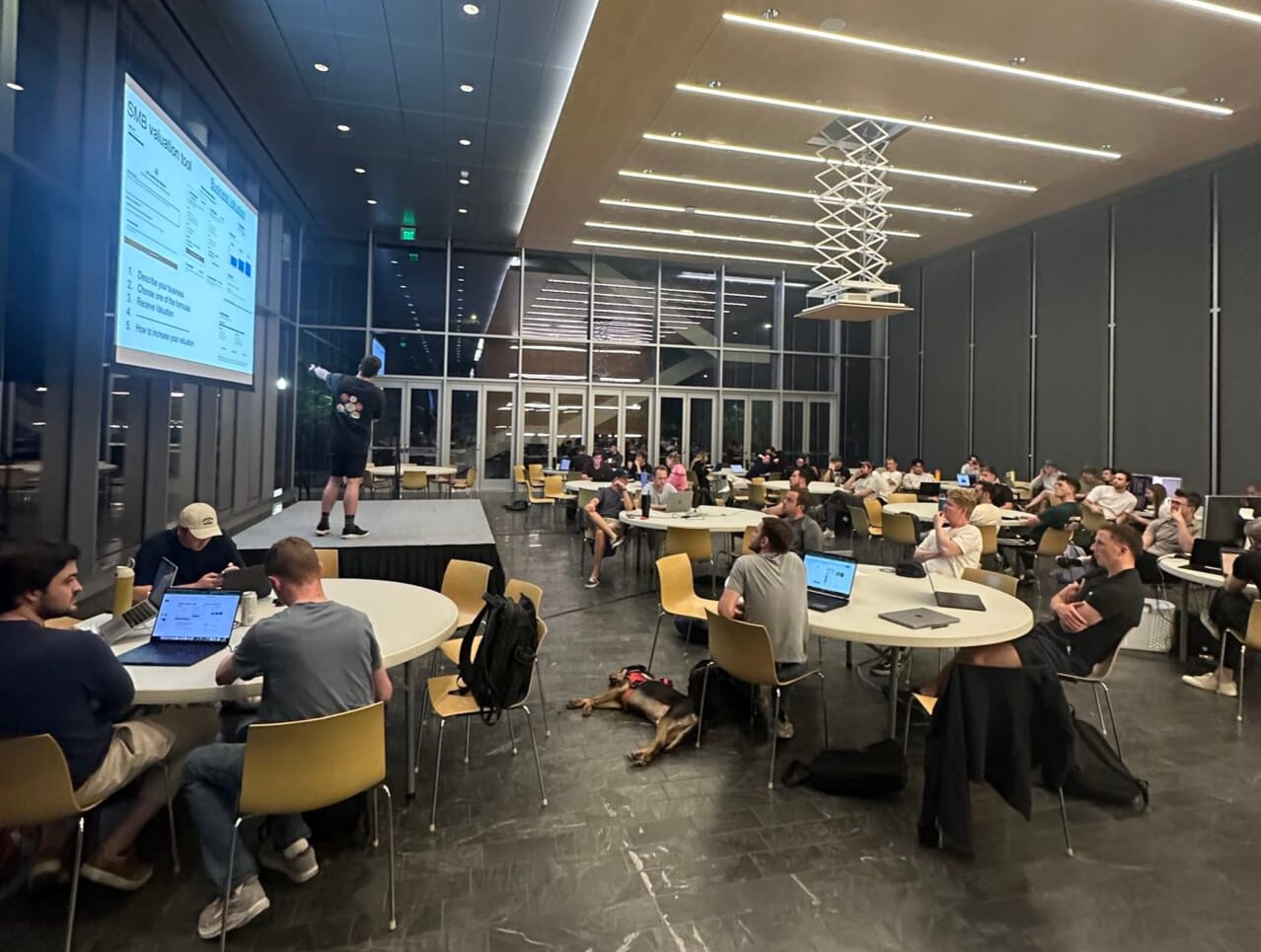
“For example, if a team has capital committed at a certain valuation from another institutional investor, we often match terms. We’re rarely playing hardball on pricing,” Evanson explained.
This approach not only positions founders for future funding rounds but also provides guidance on navigating early-stage startup challenges, from team building to regulatory compliance. “If we can create an environment where founders have access to mentors and experts, they move quickly through learnings that others might take years to absorb,” he said.
The Sandbox Fund also builds on the unique culture of the Sandbox program itself. At its annual Demo Days – the culmination of the year's work – the energy is palpable, with audience reactions and structured presentations giving student founders a professional, supportive platform to showcase their work.
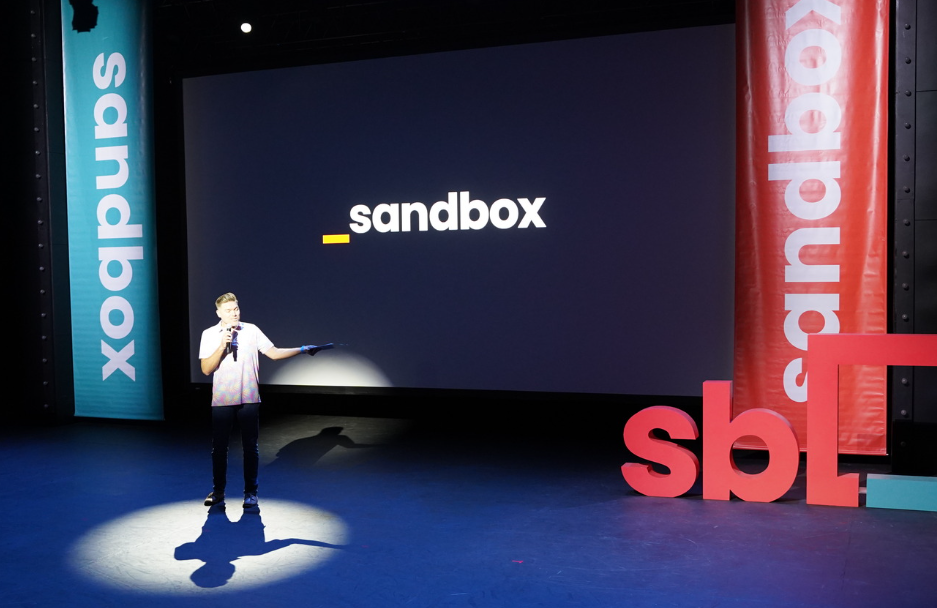
“One of the hardest things for these highly technical students is overcoming imposter syndrome,” Evanson said. “We’ve built an environment with good vibes, high energy, and a strong sense of community among mentors, advisors, and peers. That confidence helps them accelerate learning and scale ideas faster than they could otherwise.”
Students in the program often dedicate 50–60 hours per week to their startups, living frugally to maximize runway. Evanson recalls one founding team that lived together with extremely modest personal expenses, channeling nearly all resources into the company. “At this stage, they’re unencumbered, indestructible, and full of high energy,” he said.
Beyond individual effort, the program leverages positive peer pressure and a culture of achievement. “There’s this aggressive diligence without apology. Students want to accomplish something meaningful and feel like they’re building important companies,” he added.
Utah has long been recognized for a thriving venture ecosystem, but pre-seed support for student founders has been scarce. The Sandbox Fund aims to retain ambitious young entrepreneurs in Utah, catalyzing new startups and reinforcing the state’s position as a hub for innovation.
“The Sandbox Fund is about more than just capital deployment,” said Cory Cozzens, Philo Ventures Co-Founder and Studio Managing Partner. “It’s about supporting young entrepreneurs, broadening access to capital, and helping reinvent the relationship between education and entrepreneurship.”
The fund’s early investments — including companies such as Stratus, Interval, and Buster — highlight the potential of student-led startups and the benefits of getting in early with mentor-supported capital. Philo plans to raise additional Sandbox-focused funds as the program expands across campuses, creating a durable pipeline of startups fueling Utah’s innovation economy.

A Long-Term Bet
For Evanson, the significance of the Sandbox Fund extends beyond immediate investments. “There’s a big gap for some of the highest-energy, young, first-time founders to bridge before they can build truly great companies. Sandbox and our fund attract the most talented young potential founders and create an environment for them to learn what they need to create incredible, generational companies,” he said.
The ultimate goal: long-term economic impact for Utah. “If we can rally investors, mentors, and the public sector to support these initiatives, this will have a massive effect on Utah’s economy for decades,” Evanson stated.
By combining capital, mentorship, and a high-energy, collaborative culture, the Sandbox Fund positions Utah student founders to build the next wave of innovative companies — without leaving the state.
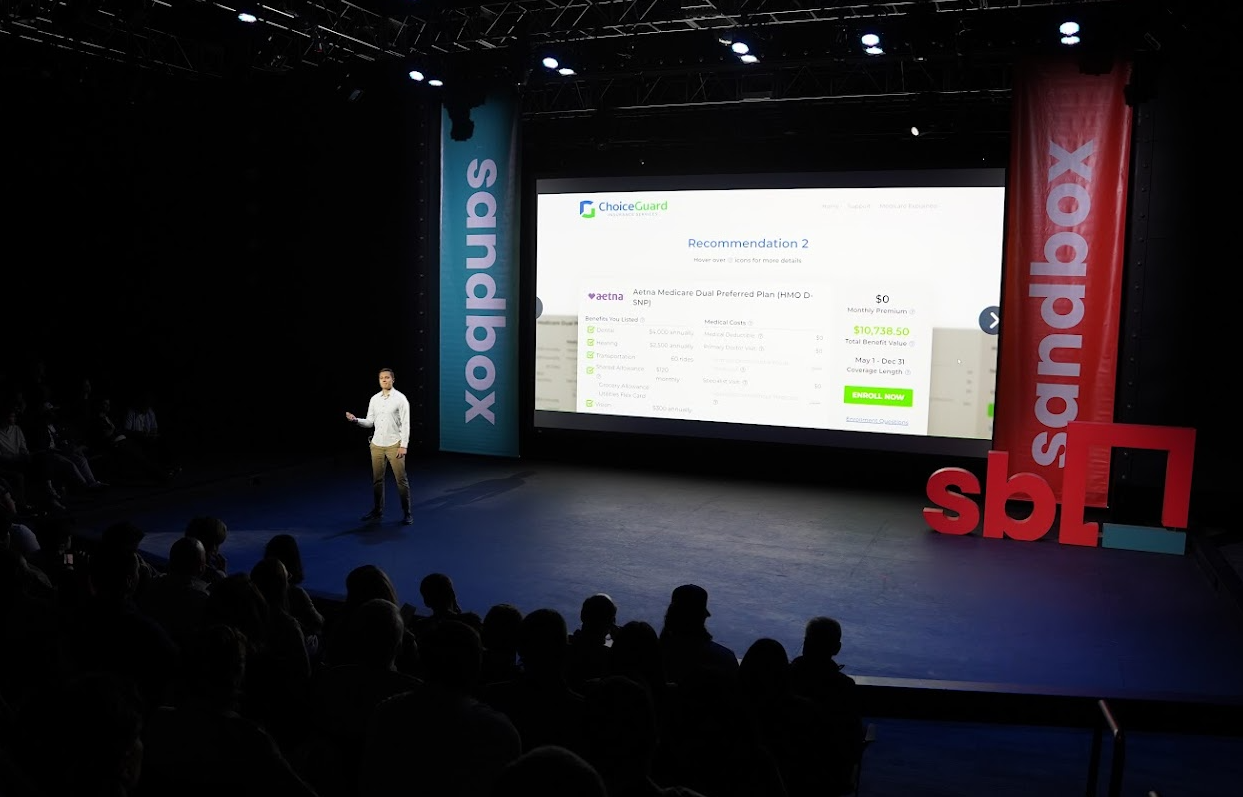
Learn more at web.sandbox.ing.

